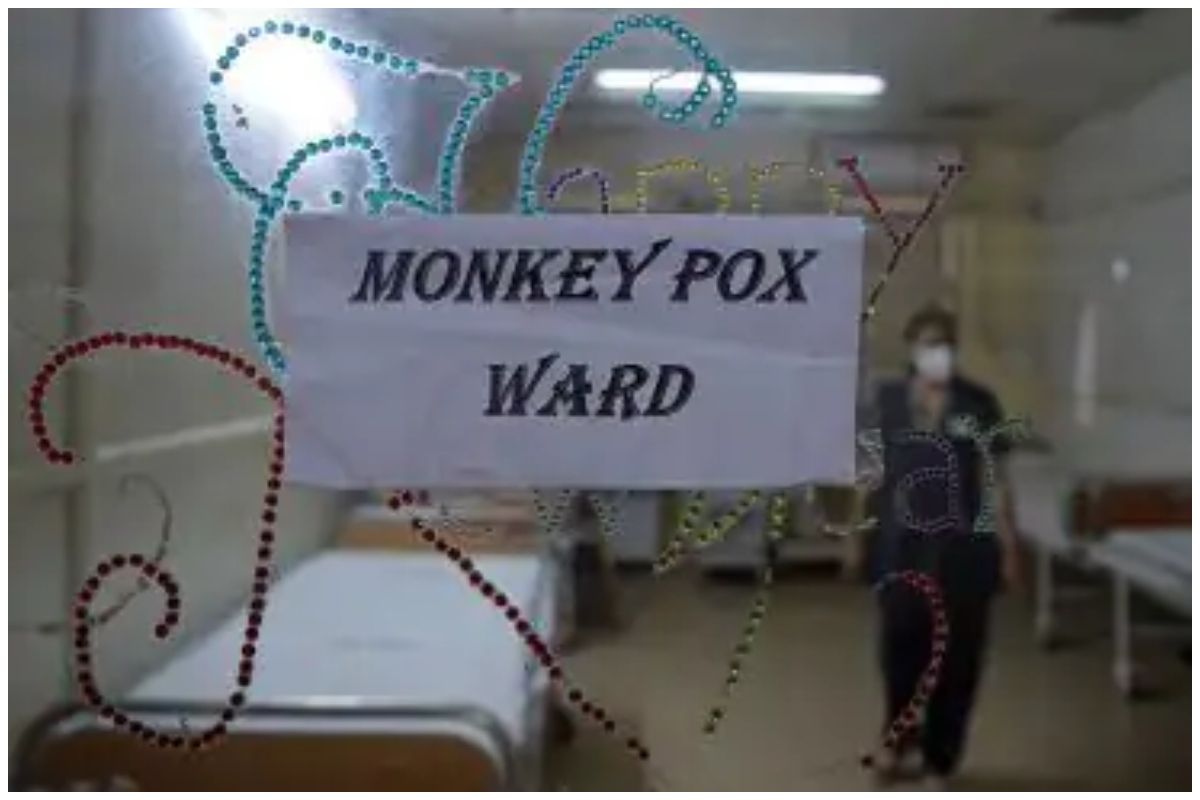New Delhi: In a matter of growing concern, health experts said cases of monkeypox in India are spreading uncontrollably, and the stigma attached to the disease is hampering the testing process in the country. India has so far reported six confirmed cases – three in Kerala, two in Delhi and one in Karnataka. However, Rajeev Jayadevan, co-chairman of the IMA’s national task force on Covid-19, told news agency IANS that many cases are spreading uncontrollably in the country.Also Read – Rajasthan monkeypox scare: First suspected case of virus reported, samples sent to Pune
“Many more cases are expected in India. Imagine the current outbreak of monkeypox as a giant tree growing beneath the surface of the earth. You cannot see it on the ground but it is spreading unchecked under the surface,” said Jayadevan. According to the World Health Organization’s last update issued on July 28, the monkeypox outbreak, which was first reported in May, has now spread to 78 countries with more than 18,000 cases. Also Read – Monkeypox alert: Karnataka issues circular, asks districts to step up surveillance | Details inside
Jayadevan said that while transmission to the general population, such as women and children, is “extremely rare”, there is a large network where the virus spreads, “which is mainly men who have sex with men and also have multiple partners”. While the chances of super spreader events are comparatively “less in India” as in Europe, the network is “more latent” here. Also Read – Another monkeypox case in Delhi: Nigerian man with recent foreign travel history tests positive for virus
Stigma that keeps people from getting tested
According to infectious disease specialist Ishwar Gilada, the stigma attached to the name of the disease is acting as a major barrier for people to come forward for testing. “The moment a suspected case of monkeypox approaches the doctors, they will ask ‘Have you done any monkey tricks? Where did you get this disease from?’, Gilada told IANS. “Second, there is always a stigma associated with sexual transmission. We are seeing that with other sexually transmitted diseases (STDs) like HIV,” he added.
Monkeypox is not yet an STD
Although 98 percent of monkeypox cases to date occur in gay or bisexual men, it is not yet classified as an STD. That’s because, “technically speaking, it could be through sexual contact or any significant physical contact like what happens during a massage”, Jayadevan said. He explained that for monkeypox to be defined as an STD, it “must be exclusively sexually transmitted like gonorrhea, chlamydia”. And if classified as such, “people will think that the virus is spread only through sexual intercourse, and may not take all the other necessary contact precautions”.
‘Increase testing like Covid-19’
Gilada suggested “the government should increase testing” as it did during the Covid-19 pandemic. “We should have our own testing kits to help people test themselves, which will also help prevent cases,” he told IANS.
- Currently, 15 Viral Research and Diagnostic Laboratories (VRDL) of the Indian Council of Medical Research (ICMR) are conducting preliminary tests for monkeypox infection.
- VDRL conducts RT-PCR testing for orthopox virus – a family of viruses, including monkeypox, cowpox, buffalopox and the eradicated smallpox.
- Samples are simultaneously confirmed by RT-PCR to specifically detect monkeypox virus at the National Institute of Virology (NIV), Pune.
No mass vaccination
Mass vaccination is not recommended, only smallpox doses are given to at-risk populations. But during the pandemic, vaccines are limited to the US, UK and Canada and some wealthy countries in Europe.
Opportunity for Indian Pharma Companies
The ICMR, meanwhile, has issued an open call for monkeypox vaccine development proposals from commercial businesses to protect those most at risk. Gilada said that this is yet another opportunity for Indian pharmaceutical companies to develop vaccines not only for Indian citizens, but also for the global population.
(With inputs from IANS)
